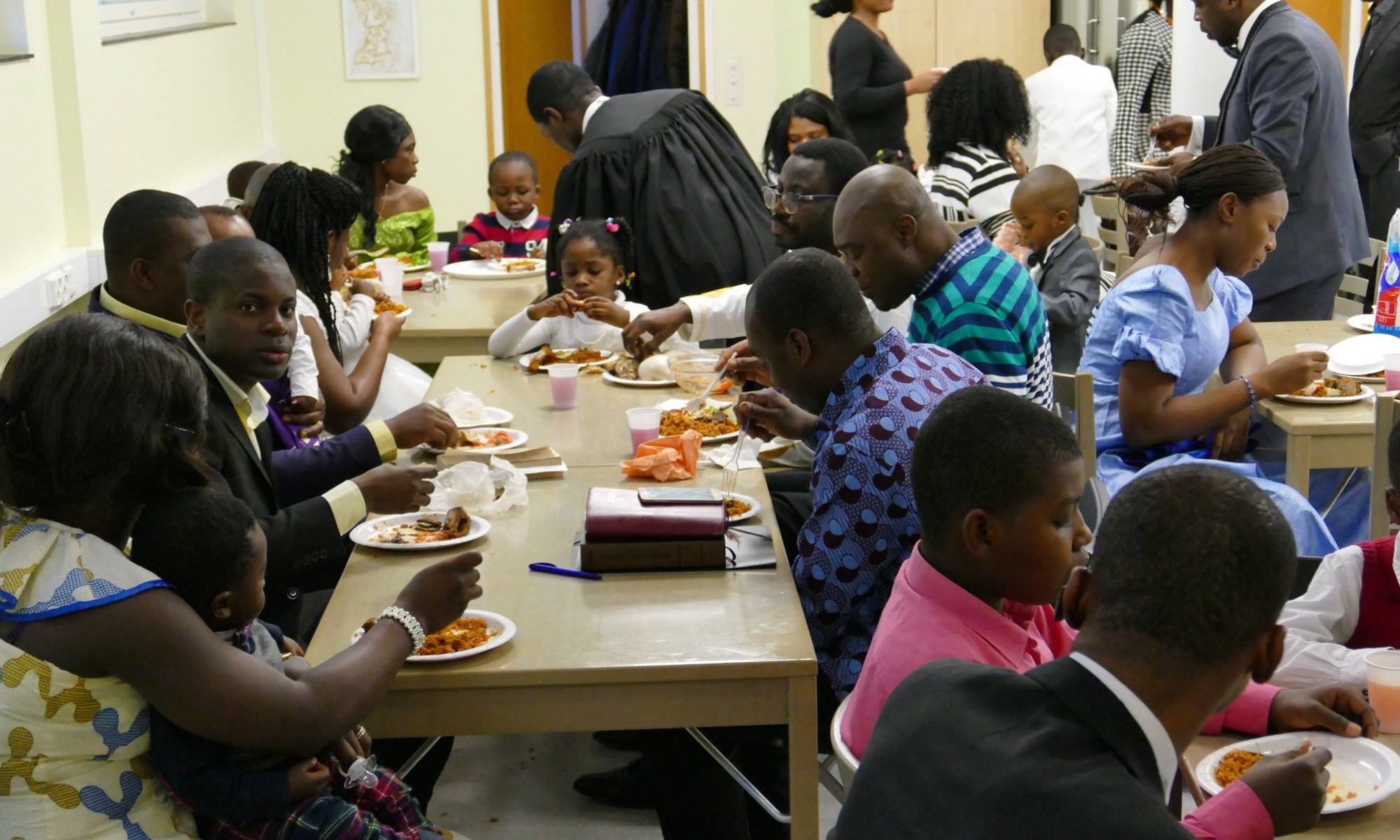Introduction
There has been an old-age debate on the issue of whether or not women are supposed to teach, preach or prophesy in the church. To some people, women are supposed to be absolute silence in the Christian churches, whereas some believe that both men and women have equal opportunity to be active in the churches. This edition of our Newsletter discusses the place of prophetesses in the New Testament.
Women in the New Testament were not expected to be altogether silent in all the churches. They had the opportunity to exercise their spiritual gifts as did their male counterparts. Paul acknowledges that women publicly pray and prophesy in Christian gatherings. This is supported by the quote below;
“But I would have you know that the head of every man is Christ: and the head of the woman is the man; and the head of Christ is God. Every man praying or prophesying with his head covered dishonors his Head. But every woman who prays or prophesies with her head unveiled dishonors her head; for that is even the same as if she were shaved. For if the woman is not veiled, let her also be shorn. But if it is a shame for a woman to be shorn or shaven, let her be veiled” (1Co 11:3-6).
The above passage of the Bible clarifies the position of Paul on the inclusion of women in the Christian churches. In the first place, Paul accepts that both men and women have the potential and the freedom to pray or prophesy in the public worship of the church (1Co 14:23). Public prayer or prophecy is supposed to be uttered audibly and understood for the congregation to be edified (1Co 14:16-17). If women were not permitted to speak in the church (1Co 14:34), how could they be encouraged to cover their heads when praying or prophesying? (1Co 11:3-13)? Again, how could women pray or prophesy to edify other believers (1Co 14:3-6) as stated above? It is possible that Paul was addressing a specific issue in this particular church in order to bring sanity to their congregations. This is buttressed by his statement about a long hair of some men in the church (1Co 11:14). If nature teaches that long hair of men is a shame to them, then Jesus Christ or Samuel (1Sam 1:11), Samson (Jdg 13 and 16) and the other Nazarites (Num 6:5) are not good examples of faith. This means that Paul was referring to some cultural settings within which the church was situated but he was not prescribing a universal law for all the churches.
Paul, the author of the said epistle, does not intend to silent all women in the churches throughout all generations in every congregation. It is understood from the book of Acts 21:8-10 that the daughters of Philip, the Evangelist, were prophetesses. If they were not to prophesy in the churches what then made them prophetesses?. The prophecies of all godly people are meant to edify both men and women (1Co 14:26, Eph 4:11-12). Paul also writes that when the believers come together, every one of them has a psalm, a doctrine, a tongue, or a revelation to edify the church (1Co 14:26). The author does not exclude women from these congregation, therefore, the “everyone” is inclusive of the believing women. Women, therefore, had a voice in the Christian churches.
It could not be accepted that these prophetesses were prophesying only to the women, or they told their prophecies to some men, who then told the church what the Spirit had for them. The author´s mention of prophet Agabus in the tenth verse of Acts 21, directly after mentioning the prophetesses, presupposes similar roles played by the prophets and the prophetesses.
Conclusion
God has endowed both men and women with various gifts, for the purpose of edifying the church. All people, both males, and females should, therefore, be given the opportunity to exercise their gifts without unacceptable restrictions.
Prayer: May God grant the leadership of the church the wisdom needed to manage the gifts and abilities of the members in ways that are approved by Him. In Jesus’ name. Amen!

